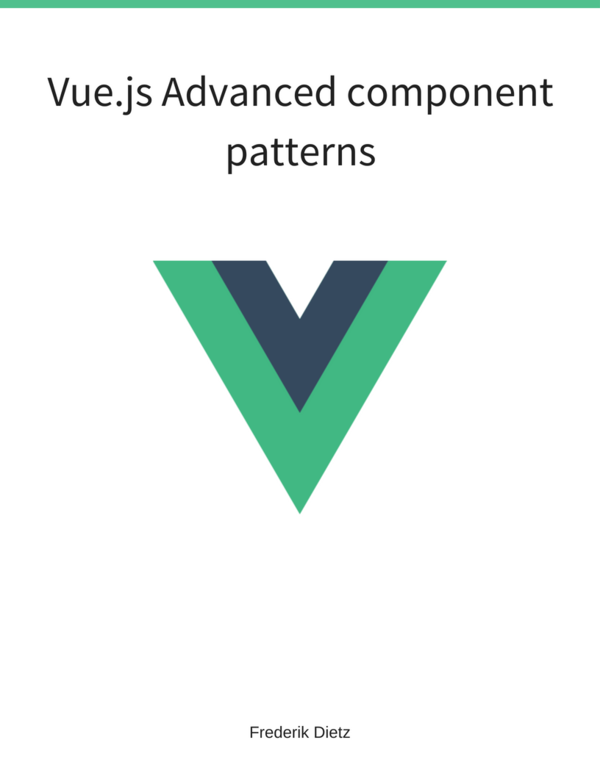Consuming REST APIs
Problem
You wish to consume a JSON REST API implemented in your Express application.
Solution
Using the $resource service we will begin by defining our Contact model and all RESTful actions.
app.factory("Contact", function($resource) {
return $resource("/api/contacts/:id", { id: "@_id" },
{
'create': { method: 'POST' },
'index': { method: 'GET', isArray: true },
'show': { method: 'GET', isArray: false },
'update': { method: 'PUT' },
'destroy': { method: 'DELETE' }
}
);
});We can now fetch a list of contacts using Contact.index() and a single contact with Contact.show(id). These actions can be directly mapped to the API routes defined in app.js.
var express = require('express'),
api = require('./routes/api');
var app = module.exports = express();
app.get('/api/contacts', api.contacts);
app.get('/api/contacts/:id', api.contact);
app.post('/api/contacts', api.createContact);
app.put('/api/contacts/:id', api.updateContact);
app.delete('/api/contacts/:id', api.destroyContact);I like to keep routes in a separate file routes/api.js and just reference them in app.js in order to keep it small. The API implementation first initializes the Mongoose library and defines a schema for our Contact model.
var mongoose = require('mongoose');
mongoose.connect('mongodb://localhost/contacts_database');
var contactSchema = mongoose.Schema({
firstname: 'string', lastname: 'string', age: 'number'
});
var Contact = mongoose.model('Contact', contactSchema);We can now use the Contact model to implement the API. Lets start with the index action:
exports.contacts = function(req, res) {
Contact.find({}, function(err, obj) {
res.json(obj)
});
};Skipping the error handling we retrieve all contacts with the find function provided by Mongoose and render the result in the JSON format. The show action is pretty similar except it uses findOne and the id from the URL parameter to retrieve a single contact.
exports.contact = function(req, res) {
Contact.findOne({ _id: req.params.id }, function(err, obj) {
res.json(obj);
});
};As a final example we will create a new Contact instance passing in the request body and call the save method to persist it:
exports.createContact = function(req, res) {
var contact = new Contact(req.body);
contact.save();
res.json(req.body);
};You can find the complete example on github.
Discussion
Let have a look again at the example for the contact function, which retrieves a single Contact. It uses _id instead of id as the parameter for the findOne function. This underscore is intentional and used by MongoDB for its auto-generated IDs. In order to automatically map from id to the _id parameter we used a nice trick of the $resource service. Take a look at the second parameter of the Contact $resource definition: { id: "@_id" }. Using this parameter Angular will automatically set the URL parameter id based on the value of the model attribute _id.
